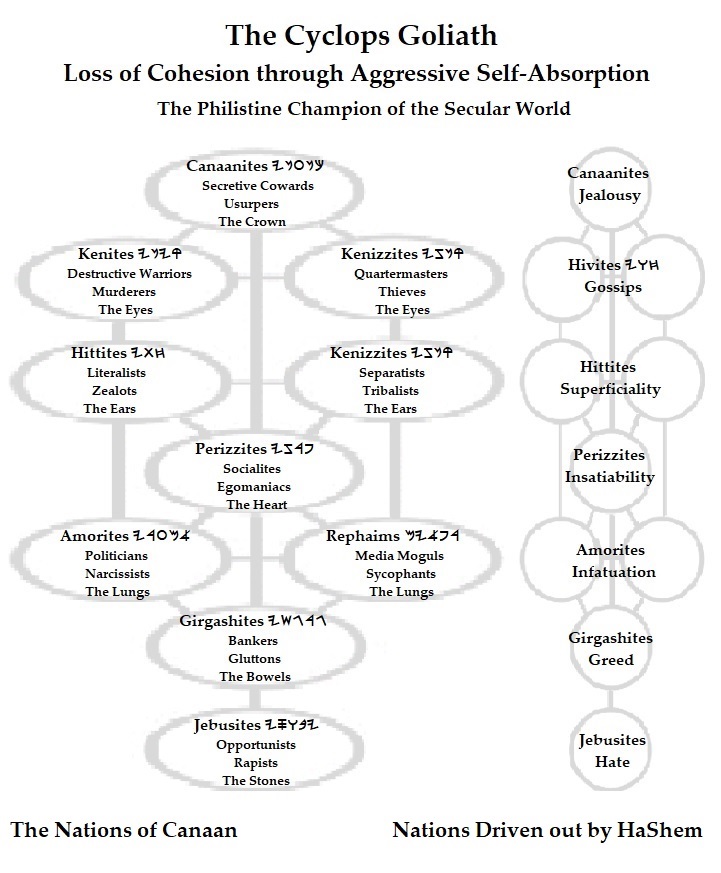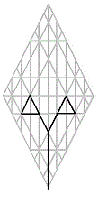
![]()
King David’s
people were proud of him, bragging that he “killed” his ten-thousands.
He hadn’t murdered them, as had King Shaul in his determination to
retain the throne HaShem had entrusted to him, as though it was his by
right. A humble man, David avoided
confrontation where possible, preferring to change
 hearts
and minds by using the same playful tactics of restraint he demonstrated
as he lay hidden in the brush while King Shaul lowered his skirts in
answer to nature. Not by choice a man of war, David preferred to
circumcise the enemies of Y'SharAl, carting their foreskins to Jerusalem
to parade before his fellows as evidence of conversion.
hearts
and minds by using the same playful tactics of restraint he demonstrated
as he lay hidden in the brush while King Shaul lowered his skirts in
answer to nature. Not by choice a man of war, David preferred to
circumcise the enemies of Y'SharAl, carting their foreskins to Jerusalem
to parade before his fellows as evidence of conversion.
He was not called to the throne as a warrior, but as a rural shepherd; and in tending the herds, young David’s heart had approached congruence with the heart of HaShem. Their relationship is understood in the emblems that spell his name. The name “David dwd” suits a man whose heart d was wed w with the heart d of messiah: a man who, during his lifetime, lived as a student until his perceptions d became aligned w with divine revelation d. The great poet of the book of Psalms, King David was a man of vision, a prophet, a spiritual warrior. He understood the saying, “Let not the sound of the axe or the hammer be heard as you build the temple;” for he was a tabernacle man: he submitted himself to God’s spirit.